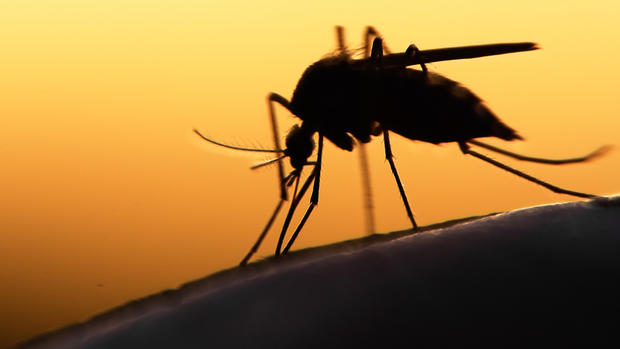
Zika virus: dangerous but still puzzling
Two studies with different results

Nearly half of women infected with the mosquito-borne Zika virus experience some complications with their pregnancy, according to a preliminary study from Brazil. In an article in this week’s New England Journal of Medicine, researchers describe the results of a study of 125 women who displayed symptoms of a Zika virus infection at some stage in their pregnancy. The study is small, but it is the first involving women who clearly had the virus.
The results were alarming: 55% of pregnancies had adverse outcomes after maternal infection in the first trimester, 52% after infection in the second trimester, and 29% after infection in the third trimester. The adverse outcomes include miscarriage, calcifications in a baby’s brain, babies who are smaller than normal, and brain hemorrhages. There were four cases of microcephaly among the 125 infected women, or 3.4%.
Overall, 46% of the pregnancies were problematic – and this may underestimate the impact of the virus, Karin Nielsen-Saines of the David Geffen School of Medicine at the University of California, Los Angeles, told Science. “Some babies are damaged invisibly at birth, and as they’re supposed to develop the problems will emerge,” she said.
However, the data on Zika is puzzling researchers. Another study published this week in JAMA about women in the US who were infected came to a very different conclusion. Among pregnant women in the United States with completed pregnancies and laboratory evidence of possible recent Zika infection, 6% of fetuses or infants had Zika-associated birth defects.
The stark difference – 46% and 6% –between the two studies does not necessarily mean that they conflict. They were studying different populations of women and babies affected by a disease which is hard to detect and defects which are hard to define. However, the rate of cases of microcephaly in both studies was similar – about 3 or 4%.
Brazil is the country which has reported the highest numbers of Zika-affected microcephalic babies. Scientists wonder whether there may be special conditions which account for this. One possibility is widespread Dengue fever, which is caused by a virus related to Zika. Dengue might protect women – or it might amplify the effect of Zika.
The message, despite the differences, is clear: pregnant women should do all they can to protect themselves against the Zika virus.
https://www.bioedge.org/images/2008images/TH_zika_2016.jpg
Creative commons
https://www.bioedge.org/images/2008images/salud-viajero-en-houston-da-positivo-al-virus-del-zika-estados-unidos-salud-brasil-365126171.jpg
public health
zika
